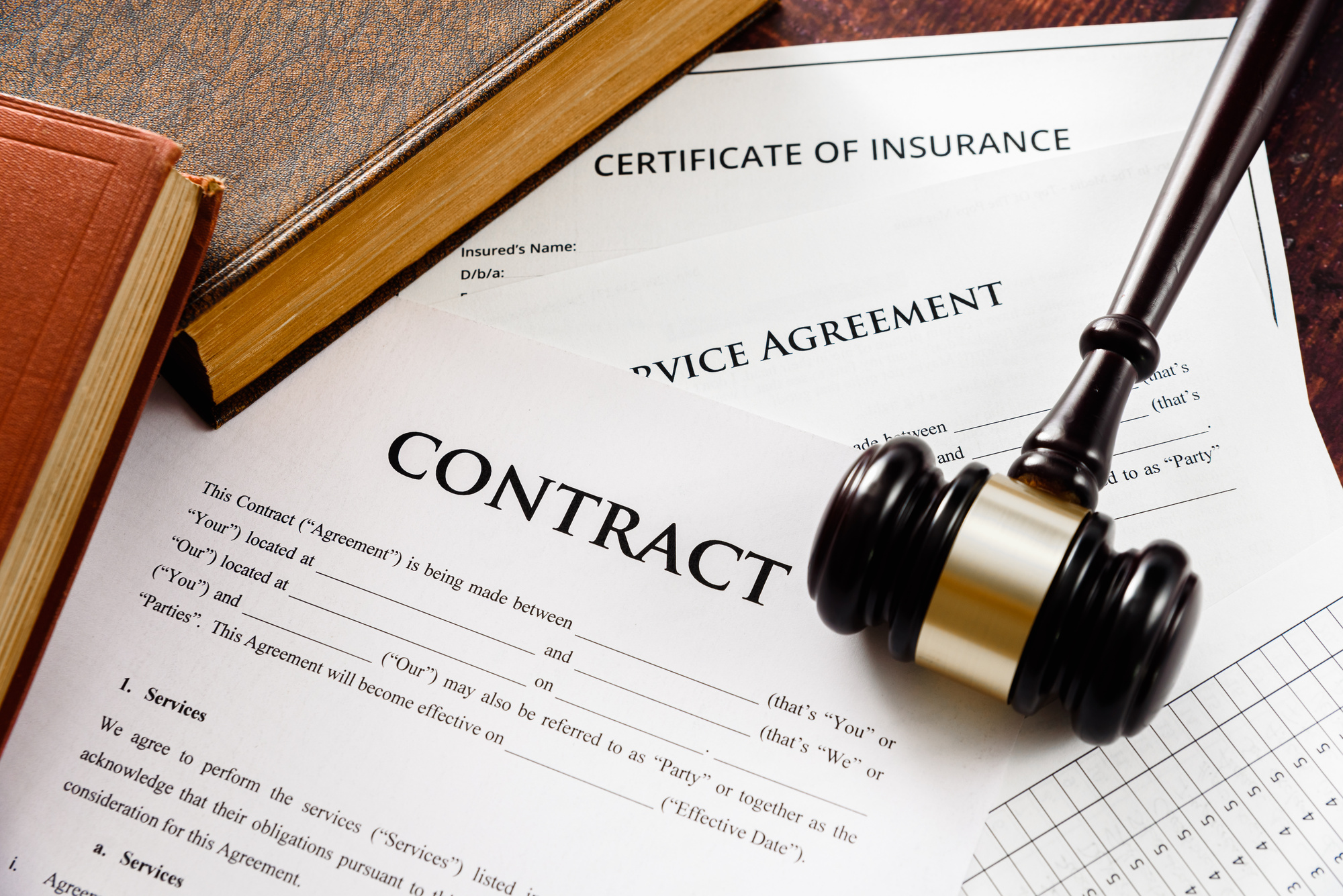Now Reading: Estate Planning for Small Business Owners: The Takeaways
-
01
Estate Planning for Small Business Owners: The Takeaways

Estate Planning for Small Business Owners: The Takeaways
Estate planning refers to creating a plan for what happens to all of your money, property, and various possessions after you die. It is a responsible, adult thing to do to create an estate plan as you get older. Even relatively young people can do it since you never know when an accident might occur or when you may become seriously ill.
Small business owners need to do estate planning as well. If you fall into this category, you can contact the Tonkin Legal Group and ask for their assistance. We will talk about some of the basics of estate planning if you own a small business right now.
You Must Determine if You Want to Keep the Business in the Family
Small businesses are often family businesses. For instance, maybe you own something like a bakery, a plumbing supply store, or something else that supplies products or services to a relatively small geographic region.
If so, when you’re doing estate planning with a lawyer, you should mention whether it’s your intention to keep the business in the family after you pass on. Maybe you have a child or a sibling to whom you’d like to bequeath the business. If that’s true, you should put that in writing, and you should inform the person or persons to whom the company will go as well.
You Can Stipulate Whether You Want to Sell and Where the Money Should Go
Maybe you don’t have someone like a sibling or child to whom you would like to leave your small business. If you do, perhaps they specifically mentioned to you that they don’t want the responsibility of taking care of the company after you die.
If so, you can tell your lawyer that you want the company to be sold or the assets liquidated after you die. Assuming you’re not in bankruptcy when you pass on, and the company is thriving, that should mean a tidy profit for whoever you love. That can be your gift to them.
You Can Be Explicit About Who Should Get What Percentage of the Company
You might also have a situation where you have several individuals who are interested in owning your company or having a piece of it after you die. Maybe you have several children who are grown up now, or some siblings, or a spouse. Perhaps there’s someone else entirely who you see as taking over the company when you’re gone.
Whatever the case might be, you should tell your lawyer if you want several people to share the company. Maybe you’ll say there should be a 50-50 split between your kids, or if you have three heirs, you might divide ownership of the company into thirds.
If you’re explicit about what you want to happen to your company after you die, that should be very helpful when the time comes. You should rest easy knowing that when you pass on, the company you started will be dealt with in the manner you’d prefer.










